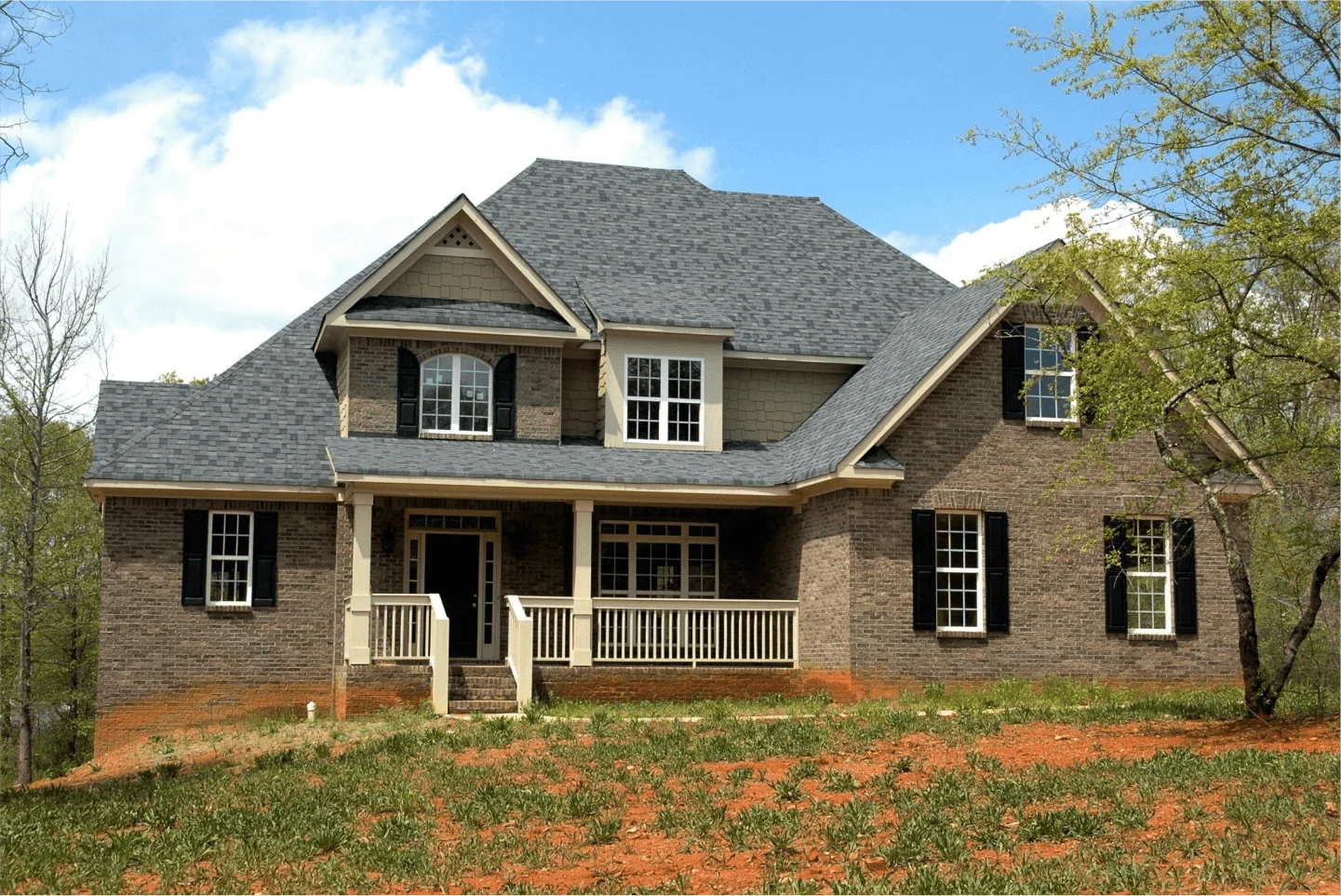Buy or Rent? A Clear Path to Your Homeownership Decision
Choosing whether to buy or rent can feel overwhelming. This guide will help you weigh your options and make a confident, informed decision for your future.

Deciding whether to buy or rent a home is one of the most important financial decisions you’ll ever make. It’s not just about where you will live; it’s about creating stability, building wealth, and making a space that feels like your own. For many, homeownership represents a dream — a place to call your own, where memories are made, and futures are built. But for others, renting seems to offer a sense of freedom and flexibility. How do you navigate this choice? Let’s break it down together.
When you think about buying a home, consider the benefits. One of the biggest advantages is stability. Once you buy a home, your monthly mortgage payment can remain relatively stable over time, especially if you choose a fixed-rate mortgage. This can offer a predictable budget compared to renting, where costs can rise every year as landlords adjust their rates. Owning a home also allows you to build equity. With each mortgage payment, you’re not just paying to live in a space; you’re investing in your future. Over time, as the value of your home appreciates, your equity grows, helping you create long-term wealth.
On the other hand, renting can offer flexibility that owning doesn’t. If your job requires you to move often or you prefer to keep your options open, renting can be an appealing choice. It’s generally easier to move out of a rental than to sell a home. Additionally, renters typically avoid the large upfront costs associated with buying a home, such as down payments, closing costs, and maintenance expenses. This can free up funds for other investments or experiences.
When weighing your options, it’s important to consider your personal and financial situation. Do you have a stable job? Are you ready to commit to a location for several years? If you have a stable income and plan to stay in one place for a while, buying may make more sense. Conversely, if your job situation is uncertain or you value the ability to relocate easily, renting might be the better choice.
Let’s talk about costs. When you buy a home, your financial responsibilities will extend beyond the mortgage. You'll need to budget for property taxes, homeowner’s insurance, and maintenance costs. These can add up quickly! However, the upside is that with each payment, you are growing your investment. Renting typically requires less immediate financial commitment. You generally pay a security deposit and your first month’s rent upfront, but you don’t have to worry about repairs or unexpected costs. If the roof leaks or the furnace breaks, it’s usually the landlord’s job to fix it.
Another critical factor to consider is your lifestyle. Do you enjoy home improvement projects or gardening? Owning a home gives you the freedom to modify your space to fit your personality. Want to paint the walls bright orange or plant a garden? Go for it! Renting often comes with restrictions on changes you can make. If you want to personalize your living space, homeownership is likely the way to go.
Emotional factors also play a role in this decision. Many people feel a sense of pride in homeownership. It’s a milestone that signifies responsibility and achievement. Owning a home can provide a sense of belonging to a community. You’ll have the opportunity to establish roots, make connections with neighbors, and create lasting relationships. Renting, while flexible, can sometimes feel transient. If community and connection are important to you, owning a home may offer that deeper fulfillment.
Now, how do you determine what’s best for you? Start by evaluating your financial health. Are you ready for the financial responsibilities of homeownership? Consider talking to a mortgage loan officer. They can help you understand your budget, what you can afford, and how to plan for the future. They will guide you through the financial aspects of buying a home, including what you need for a down payment and how your credit score plays into your mortgage options.
Next, think about your long-term goals. Where do you see yourself in five or ten years? If you are planning to settle down, buying may be your best option. But if you’re still exploring career paths or personal interests, renting might provide the flexibility you need.
It’s also helpful to assess the housing market in your area. Are homes appreciating in value? Is it a buyer’s market or a seller’s market? Understanding the dynamics of your local market can help you make an informed decision. Again, your mortgage loan officer can provide insights into current trends that may affect your decision.
While the choice between renting and buying can feel overwhelming, remember that it’s about what fits your needs and aspirations. There’s no right or wrong answer; it’s about what works best for your life. Whether you decide to plant roots in a home of your own or enjoy the freedom of renting, make sure it aligns with your personal and financial goals.
As you navigate this significant decision, don’t hesitate to reach out. Our team of skilled mortgage professionals is here to help you explore your options and find the best path to homeownership. Contact us today, and let’s discuss your specific needs!